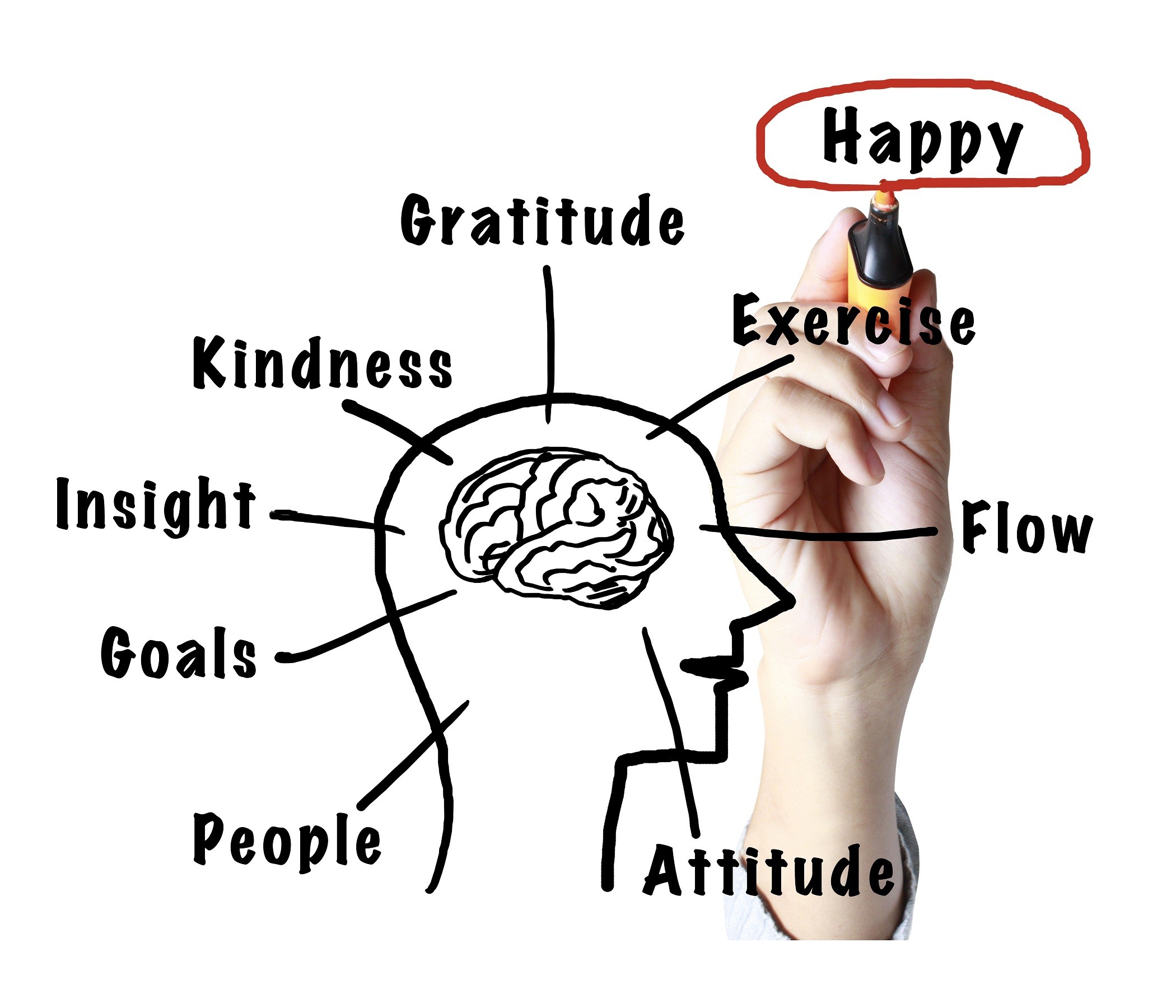
The Science of Being Happier at Work in Three Minutes
If I had just three minutes of your time, I would tell you the most important lessons from applying the science of happiness to work. Because I believe:
- We all have the right to be happy at work.
- Science tells us why to be happier: because it brings benefits including (but not limited to) creativity, productivity and health.
- Science can tell us how to be happier at work.
Happiness means many things to many people. Scientists use the term “subjective well-being” which hints at two important facts:
- ‘Subjective’ because we are talking largely about how people feel. Long story short, asking people how happy they are is a valid measurement of happiness.
- ‘Well-being’ because scientists are typically studying positive emotions but also something deeper and longer lasting: a sense of life satisfaction and meaning.
I mean all of that every time I say ‘happiness’.
At least 40% of your happiness is determined by what you think and do. Happiness is largely a choice. About 50% of a typical person’s happiness is due to genetic factors. Only 10% is typically due to our life circumstances. Why? Because we get used to whatever our circumstances are, so they stop having a significant impact. Neuroplasticity means you can rewire your brain to be a happier brain through what you think and do.
So first, make progress toward goals that are important to you. We think achieving our goals will make us happy. It does, but not as happy as we think. Happiness brings success more than success brings happiness. The sustainable source of happiness is enjoying progress toward your goals. Get into ‘flow’ as you pursue your goals by focusing, undistracted, on a very challenging but possible task, for at least 20 minutes at a time. Get “in the zone.” Don’t multi-task.
Second, practice positivity. That means having a good attitude, looking at the bright side, and being optimistic. Science tells us that a positive attitude and optimism really work to make you happier and therefore more productive. Try writing down your best possible future. Whether it comes true or not, writing down your best possible future will make you happier. Notice and savor the good things in life, including the best in other people.
Third, prioritize people and relationships. The strongest influence on your happiness is the quality of your relationships. Invest time, energy, and attention in them. Start by expressing gratitude to those you appreciate. For your next one-on-one meeting, try going on a walk to get the benefits of both relationship building and physical activity, also shown to boost happiness.
Science shows that happier brains work better. Happier people are more productive, creative, insightful, resilient, sociable, and successful. They are healthier and live longer.
Pick one small thing you can do that will contribute to your happiness. Do it every day for the next thirty days to form a new habit that becomes effortless for you. Act on it every day, and you will rewire your brain to be a happier brain and reap the benefits for the rest of your life.
Time’s up! If you want more, stay tuned for The Science of Being Happier at Work in Five Minutes.
